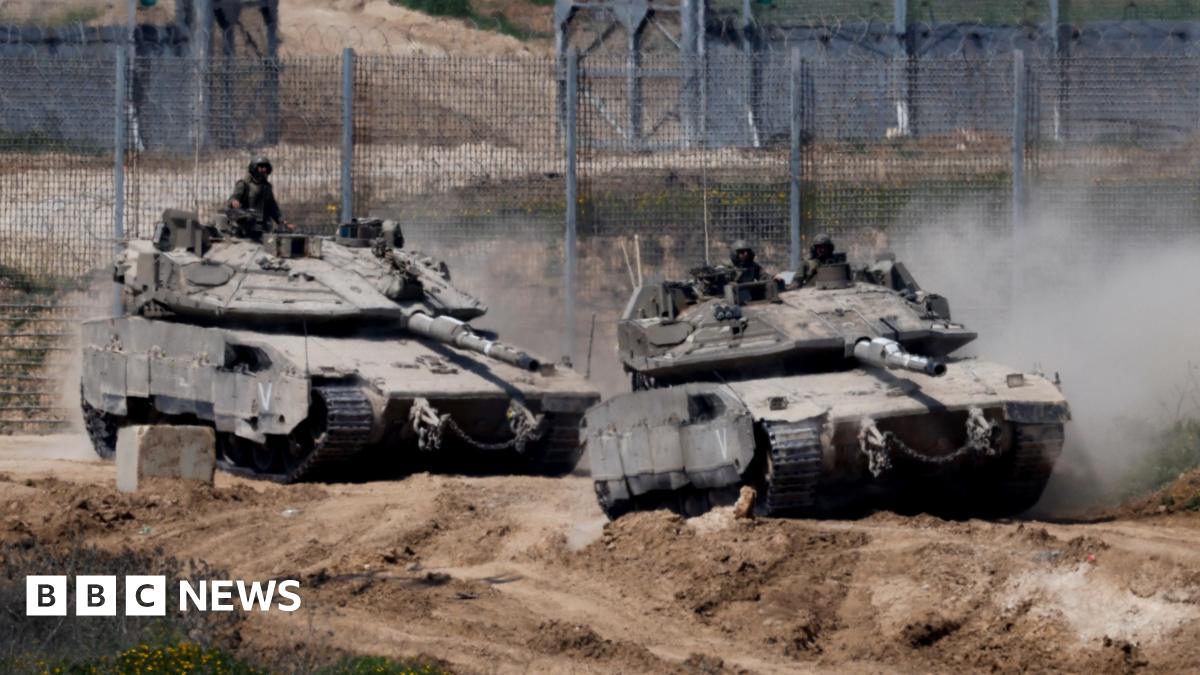Israel's Gaza Operation: Wider Offensive Approved – A Deep Dive into the Escalating Conflict
Israel has authorized a significant expansion of its military operation in Gaza, marking a dramatic escalation in the ongoing conflict with Hamas. This decision follows days of intense fighting, triggered by Hamas's surprise attack on October 7th, which resulted in a staggering number of Israeli casualties and the capture of numerous hostages. The expanded offensive raises serious concerns about the potential for a prolonged and devastating war with significant humanitarian consequences.
The Scope of the Expanded Operation:
While specifics remain limited due to ongoing military operations, reports indicate the expanded offensive encompasses a broader range of targets within the Gaza Strip. This likely includes:
- Increased ground troop deployments: Israel's Defense Forces (IDF) are reportedly preparing for a substantial ground incursion into Gaza, aiming to locate and neutralize Hamas fighters and recover hostages.
- Intensified air strikes: The IDF has significantly increased the frequency and intensity of airstrikes targeting Hamas infrastructure, including military installations, command centers, and purported weapons caches. Concerns are mounting regarding civilian casualties in these strikes.
- Naval blockade reinforcement: Israel's naval blockade of Gaza is expected to be tightened further, restricting the flow of goods and potentially exacerbating the humanitarian crisis already unfolding.
International Reactions and Concerns:
The decision to expand the military operation has sparked strong reactions from around the world. Many countries express deep concern about the escalating violence and urge both sides to de-escalate. Key concerns include:
- Civilian casualties: The already high number of civilian casualties in Gaza is expected to rise sharply with the expanded offensive, raising serious humanitarian and ethical questions. International organizations like the UN and the Red Cross are calling for urgent humanitarian aid access.
- Regional stability: The conflict risks destabilizing the entire region, potentially leading to wider conflicts involving neighboring countries. Diplomatic efforts are underway to prevent further escalation.
- Humanitarian crisis: The ongoing blockade and intensified fighting are causing a severe humanitarian crisis in Gaza, with shortages of food, water, medicine, and electricity. International aid organizations are struggling to reach those in need.
Hamas's Response and the Hostage Situation:
Hamas has vowed to continue its fight against Israel, further complicating the situation and diminishing hopes for a quick resolution. The fate of the hostages held by Hamas remains a major point of contention. Israel's priority is their safe return, a condition likely to shape the parameters of any potential ceasefire negotiations.
Looking Ahead: Uncertain Prospects for a Ceasefire
The future trajectory of the conflict remains highly uncertain. The expanded offensive raises the stakes significantly, suggesting a prolonged period of fighting and potentially even greater human cost. The international community faces a critical challenge in finding a path towards a sustainable ceasefire and addressing the underlying issues fueling the conflict. The success of any diplomatic efforts will depend on the willingness of both sides to engage in meaningful negotiations and prioritize a peaceful resolution. The coming weeks will be crucial in determining the outcome of this increasingly dangerous escalation.
Keywords: Israel, Gaza, Hamas, military operation, offensive, conflict, escalation, civilian casualties, humanitarian crisis, hostages, ceasefire, international reaction, Middle East conflict.

